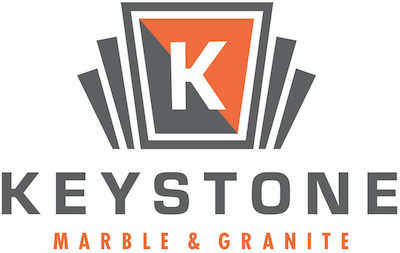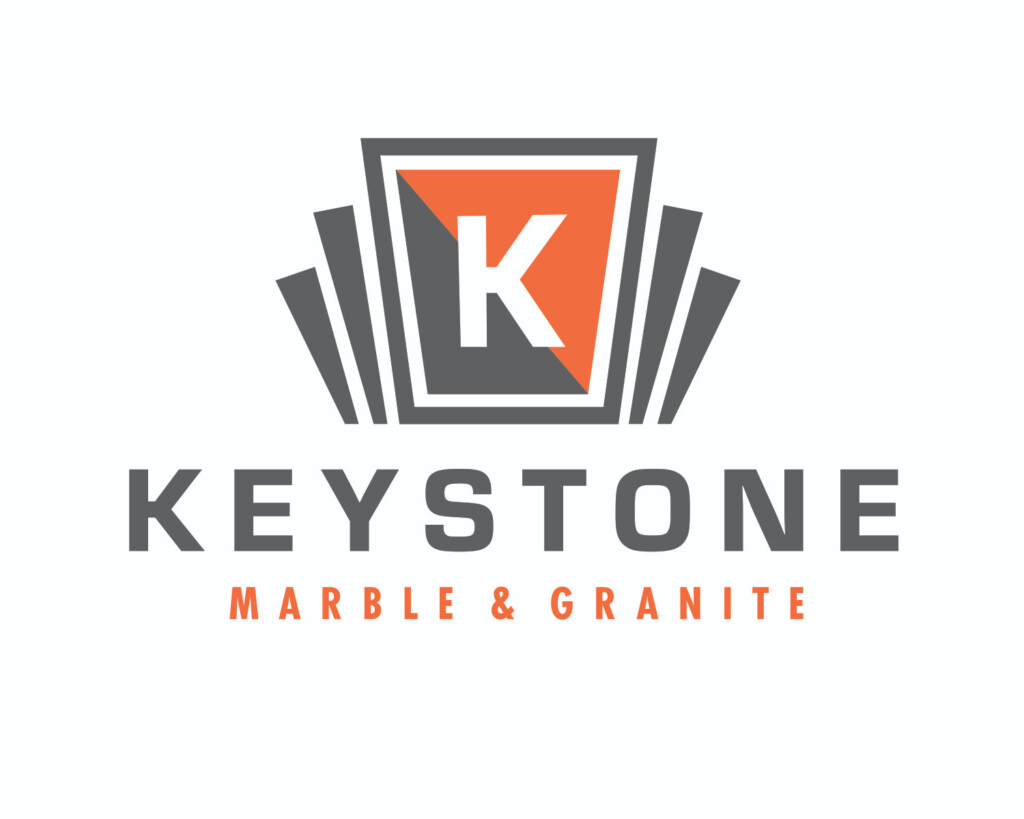Homeowners have a choice of many materials for their kitchen countertops. These range from natural materials such as wood, marble and granite to engineered products such as quartz stone. One of the top picks for US homeowners is granite because it is durable and beautiful as well as affordable. However, some articles have circulated that claim granite is a source of harmful radiation, specifically radon. This has put some people off granite countertops. Is it true? Here is the truth about granite countertops and radiation.
Radon explained
Radon is a colorless and odorless toxic gas linked to lung cancer. In fact, it is the second leading cause of this disease and may be responsible for the lung cancer deaths of thousands of people in the US annually.
According to the Environment Protection Agency (EPA), radon results from the decay of radioactive elements such as thorium and uranium that occur in nature. You might find tiny amounts of these elements in the veins of all-natural rocks, including granite. The concentrations vary, but they are very rarely in high enough quantities to be harmful to humans. Even if the granite countertops in the home releases radon gas in high quantities over years of use, the dilution by natural ventilation renders it mostly harmless.
In fact, the EPA warns homeowners more expressly about the soil surrounding their homes, especially ones with basements. The soil is a richer source of potential radon gas and a bigger threat to public health than granite countertops. Radon coming from common soil under homes can be in high enough concentrations to be of great concern. Since basements tend to be on level to or below ground soil and have less ventilation than the upper floors, concentrations of the gas are also typically higher there than in the kitchen.
Other radiation
While radon is the immediate concern of alarmists regarding granite countertops, other types of radiation might come from granite and other natural stones. They might emit very low levels of beta and gamma radiation, which dissipates quickly anyway. It is extremely unlikely that standing close to your granite countertops will turn you into the Hulk, or even rise above normal, harmless levels.
If you are still concerned about radiation levels around you, you might want to use this Radiation Dose Calculator. You might be surprised at the many ways you get exposure to radiation in the normal course of your day.
The lowdown on granite radiation
It does pay to find out for sure if there are harmful levels of radioactive elements in your granite countertops. After all, there are always exceptions to the rule. However, keep in mind that avoiding granite countertops does not mean you avoid radiation or radon gas emissions in your home. You might even find it in the water!
To find out if your granite (or other stone) countertops or anything else in the home is emitting radon gas, you will need to call 1-800-SOS-RADON (767-7236) to get your home tested. It should only take a few minutes, and it is not expensive at all. You might also buy home radon test kits online or in retail stores.
Whatever method you choose, the EPA recommends testing regularly to minimize the risk of developing lung cancer through radon exposure. Likely, the highest concentrations of radon gas will be outside the home, but the important thing is to mitigate high levels of radon gas when detected.
If testing reveals you have more than 4 picocuries per liter (pCi/L) of radon gas, you have a problem you need to solve. There are several ways to reduce radon gas concentrations in your home to acceptable levels, some as easy as installing a vent fan in the areas of highest concentrations. For a consumer’s guide to radon reduction from the EPA, check here.
Conclusion
Health matters are always a concern with all homeowners, but even the EPA finds it highly unlikely that your granite countertops will cause lung cancer for you and your family. Pointing the finger at granite countertops as the source of radon gas is dangerous, as it may cause you to overlook other, more dangerous sources of it such as the soil or water around your home.
If you want to keep your household safe from radon gas, make a point of regularly testing for radon gas levels in your home. Ensure that you have enough ventilation in all areas of your home and install radon reduction systems where needed.
Now that we have some clarity on the issue of radon gas and granite countertops, you can safely choose granite for your kitchen countertops. We can help you with that.
Keystone Marble and Granite can help you with all your kitchen countertop needs in the areas of Columbus, Ohio, Delaware cities, Lancaster and Philadelphia, Pennsylvania.
We have showrooms in Lancaster and Horsham, Pennsylvania as well as New Castle, Delaware and Columbus, Ohio. We will walk you through each slab and explain how each can benefit you in your kitchen or bathroom remodel. If you prefer engineered stones, we also carry the top brands in the industry such as Cambria, Caesarstone, Silestone, and MSI, all with manufacturer warranties.
Once you have chosen your slabs, we provide free professional design consultation and quotes, so you know exactly where you are before committing. We also have a quick turnaround, so you will get your products on time and on budget. We are experts at fabricating and installing engineered stone, marble, and granite countertops, so you can be confident that you will get the very best in product and service quality.
Give us a call or send us an inquiry through our website to set the ball rolling!


